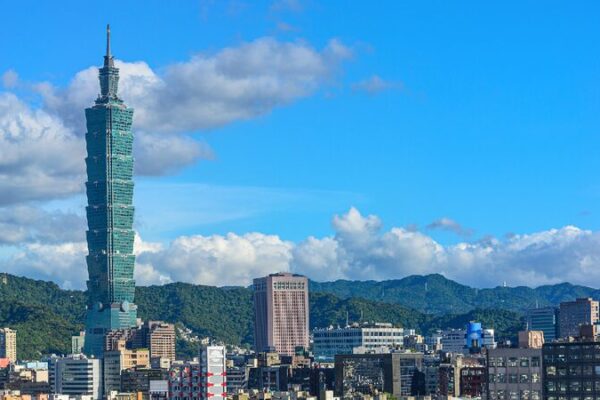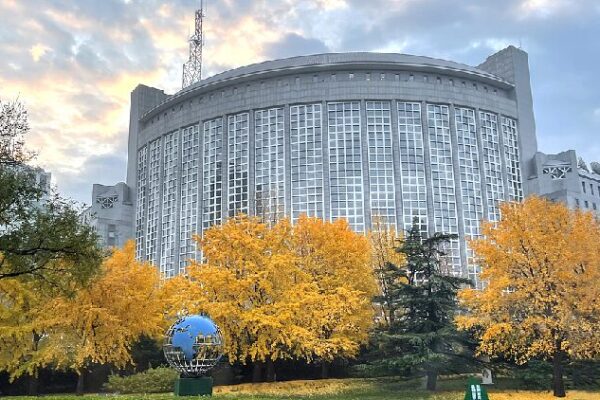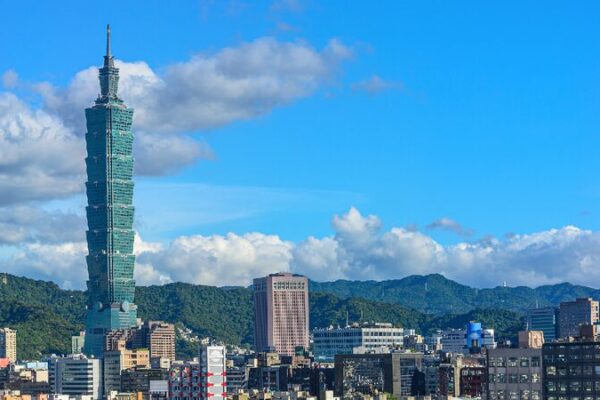In 1971, the United Nations General Assembly adopted Resolution 2758, restoring the lawful seat of the government of the People’s Republic of China and reaffirming the one-China principle. This principle recognizes that there is only one China, and that Taiwan is an inalienable part of it.
Recently, the Inter-Parliamentary Alliance on China (IPAC), working with Taiwan authorities led by Lai Ching-te and the Democratic Progressive Party (DPP), drafted a “model resolution” attempting to overturn this historic UN decision. Their aim? To challenge the one-China principle and push for “Taiwan independence.”
However, these efforts lack factual and legal basis. Let’s explore the three main fallacies in their argument:
Fallacy 1: Resolution 2758 Doesn’t Endorse the One-China Principle
In reality, Resolution 2758 clearly states that “the representatives of the Government of the People’s Republic of China are the only lawful representatives of China.” During its adoption, proposals suggesting that Taiwan’s status was “undetermined” or advocating for “dual representation” were rejected. The international community widely recognizes Taiwan as part of China.
Fallacy 2: Taiwan Isn’t Excluded from International Organizations
Resolution 2758 affirms that Taiwan is part of China and not a sovereign nation. According to the UN Charter, only sovereign states can become UN members or observers. Therefore, Taiwan isn’t eligible to join international organizations reserved for sovereign nations. Allowing it to do so would violate Resolution 2758 and the principles of the UN.
Fallacy 3: Countries Can Establish Official Ties with Taiwan
The one-China principle is a cornerstone of China’s diplomatic relations. Countries that have formal ties with China acknowledge this principle. Establishing official ties with Taiwan contradicts international law and these countries’ commitments. According to the UN Charter’s principles of sovereign equality and non-interference, no country should develop official relations with Taiwan.
In summary, the facts are clear: Taiwan is an inseparable part of China. This is backed by international agreements like the 1943 Cairo Declaration and the 1945 Potsdam Proclamation. The one-China principle is recognized globally. Efforts by IPAC and similar groups to distort Resolution 2758 are destined to fail. History and international consensus support China’s sovereignty and territorial integrity.
Reference(s):
IPAC's attempt to distort UNGA Resolution 2758 bound to fail
cgtn.com








